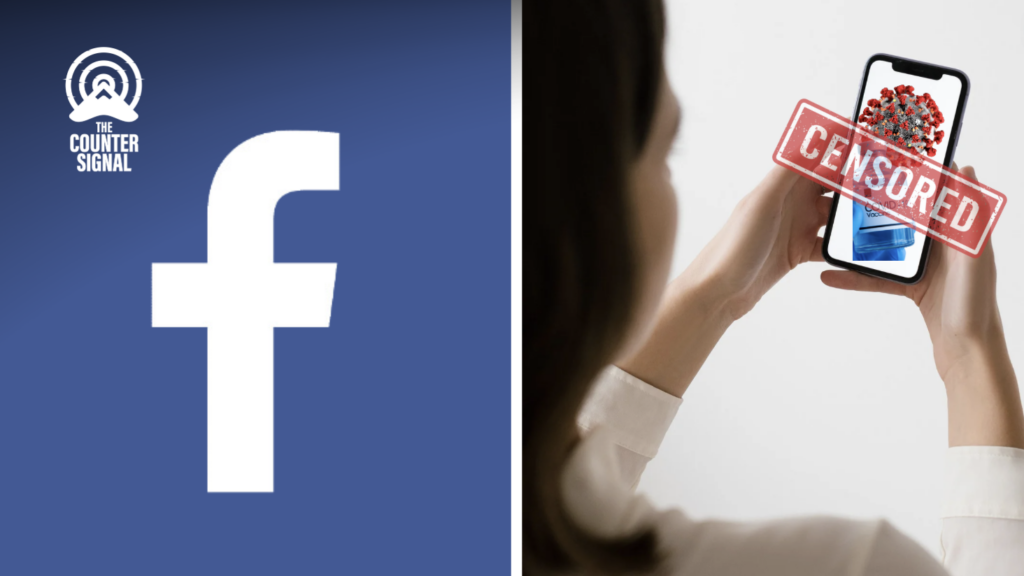Meta’s ‘Threads’ is blocking users from using the search function with certain words — including ‘COVID’, ‘vaccines’, and ‘coronavirus.’

Meta, the parent company to Facebook and Instagram, claims that the COVID censorship is a temporary one meant to prevent users coming across disinformation.
“The search functionality temporarily doesn’t provide results for keywords that may show potentially sensitive content,” a spokesperson told the New York Post.
Instead of an unfiltered algorithm or even partially censored one, searching for these COVID-related terms is directing users to a link for the Centers for Disease Control and Prevention (CDC).
The development has critics from both sides of the aisle. Not only is information critical of COVID vaccines unavailable via search, but even those who have nothing negative to say about the vaccines are upset.
The World Health Network’s Julia Doubleday told the Washington Post that Meta’s current position is a matter of life and death.
“Social media is a lifeline for patients, literally,” she said.
Threads vs. X
Mark Zuckerberg’s rival social media platform to Elon Musk’s X (formerly Twitter) was released in July, but the search function was only created last week.
Threads surged in popularity during its initial launch, with forty-four million users using the platform within days. But after technical issues and censorship complaints, the platform’s popularity shrunk by over 80% before August, down to 8 million users daily.
Meanwhile, Musk’s X announced that its algorithm will be fully open shortly. This means users will understand what censorious algorithms exist, if any, rather than being left in the dark.
🚨BREAKING: Elon has announced the FULL algorithm will be revealed shortly
— NFT God (@NFT_GOD) September 12, 2023
This will revolutionize social media
Currently only the front end is open sourced, which is only a fraction of the code base
This is a MASSIVE step towards transparency
We’ll soon know:… pic.twitter.com/X5P7khZhgZ
In February, Musk said his platform’s algorithm would become open source, signalling a major win for free speech enthusiasts.
Conservatives and non-woke users had complained for years that Twitter’s secret algorithms were biased towards politically left-leaning narratives.











